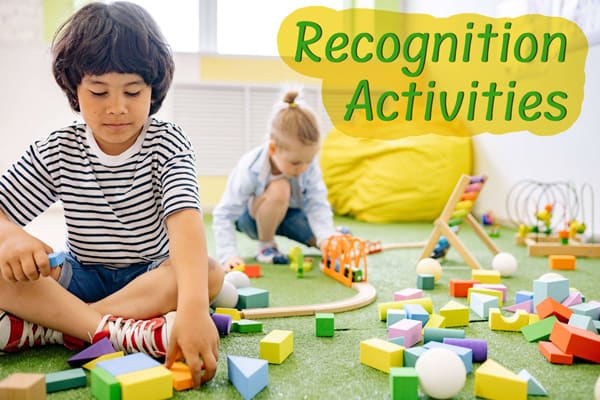Most parents get stuck when it comes to teaching addition and subtraction to kindergarten kids. The concept of math is foreign to them and it is hard to improvise in a new way. Math worksheets can be dry and bland for kids. If you opt for strict measures, your child might reject that idea of learning math altogether. However, we can’t just skip it. Learning problem-solving skills is an essential part and it is very important for parents to engrain it in your kid’s mind. Learning mathematical skills is important for kids as it helps develop, measure, and recognize the concept of mathematics.
Importance of math worksheet for kindergarten:
Math worksheets are integral tools for kindergarten kids as they offer a structured approach to learning math. They bridge the gap between abstract concepts and tangible understanding, making learning a fun and interactive process. Worksheets provide a clear framework that guides kids through each concept step by step, promoting a deeper understanding. They also allow kids to practice what they’ve learned, reinforcing their skills and boosting their confidence. Apart from being educational, these worksheets also instill problem-solving skills, critical thinking, and cognitive abilities, providing a strong foundation for future academic success.

Using math worksheets for kindergarten kids offers numerous advantages. Let’s explore some of them:
Develop thinking skills:
Math worksheet helps a child think out of the box. It enables a sense of reasoning and helps develop cognitive abilities. it also helps them build confidence in their problem-solving skills. Math worksheets are an essential part of early educational development. It is of utmost importance that your child understands and has the ability to envision daily life problems in mathematical terms.
This skill is not only important for academic success, but also for their future jobs and daily life tasks.
Enhance logical skills:
Kindergarten kids, driven by their innate curiosity, explore the world around them. Parents can harness this curiosity by utilizing math worksheets to cultivate logical thinking skills in their children. Through step-by-step problem-solving, youngsters learn to analyze situations and make decisions grounded in numerical understanding.
Prepare for higher-level math:
The early introduction of addition and subtraction serves as a precursor to tackling more intricate mathematical concepts. This foundational knowledge becomes a springboard for comprehending multiplication, division, fractions, and other advanced topics. As children progress through their academic journey, this approach not only demystifies math but also transforms it into an enjoyable pursuit.
Promote independence:
Math worksheets empower children to learn at their own pace, fostering a sense of autonomy and accomplishment. Tackling problems independently contributes to the development of resilience and perseverance, particularly when faced with challenging math exercises.
Nurturing Creativity:
Contrary to the perception of monotony, math worksheets offer opportunities for creativity. Parents can inject excitement into learning by incorporating games, puzzles, and other imaginative activities. This not only enhances mathematical skills but also stimulates creativity and imagination in young minds.
Conclusion:
In summary, math worksheets prove to be a valuable tool for instilling addition and subtraction concepts in kindergarten kids. Beyond the arithmetic fundamentals, they play a crucial role in nurturing critical thinking, logical reasoning, and problem-solving skills, thereby establishing a robust foundation for future academic success.



